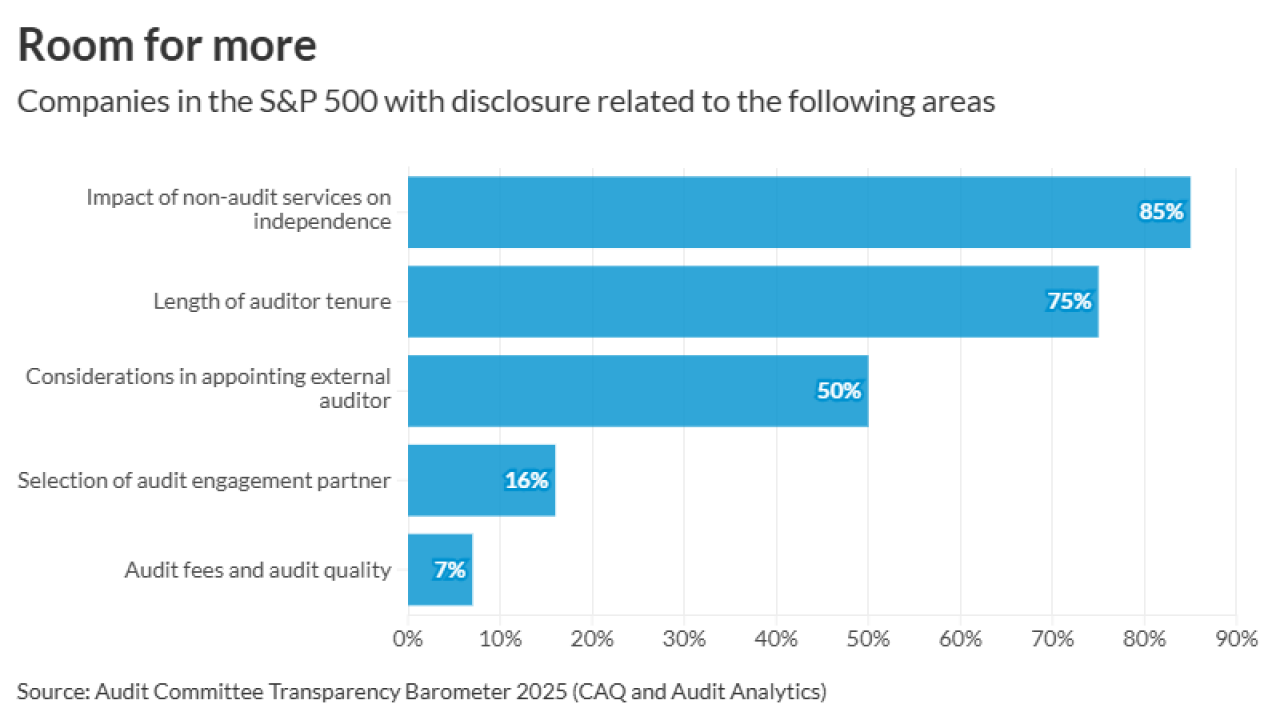You can’t have accounting without finances. You can’t have bookkeeping without dollars. But the way we’ve been computing our industry professionals’ time and worth is no longer making any “cents.”
For a long time, the billable hour has been a critical piece of accounting. A clean way to monitor work, project bandwidth and calculate revenue, billing by the professional hour is automatic for the industry. But what this metric lacks is the very reason that it’s got to be replaced.
The same goes with the in-house role of a CFO. In today’s startup frenzy and side-hustle nation, smaller companies don’t have the luxury of paying for full-time financial services. Instead, they are forced to forgo adding any sort of foundational arm to the company altogether.
These two large elements in the business of money are both becoming financial roadblocks and expensive wastes of money. At our very core, accountants and bookkeepers are here to not only crunch the numbers but to provide advisory services beyond just
Clients realize they aren’t concerned with how many hours it takes to complete an accounting task. Similarly, they see that having a connection to a fractional CFO provides the same value as if they had one solely dedicated to their business. In short, clients today are finding themselves questioning the expense of accounting expenses, and wondering if there’s a better way.
And there is. Fractional work is replacing the traditional billable full-time professional, and value pricing is emerging as the accounting of tomorrow. Fractional accountants and bookkeepers are no longer exchanging time for dollars, but rather are charging a standard retainer for their skill levels and experience. This provides immense value to both the professional and the client.
Fractional work was birthed out of working from home. Traditionally, it was expected that to be successful, you had to be in an office. However the pandemic showed us that is no longer the case. Fractional work can be done remotely, can be done on a project basis, and can be done without a resident financial executive embedded in the company.
Value pricing, such as bringing in a fractional CFO, is efficient and provides cost savings to both the client and professional. For example, a standard salary for a CFO who works five days in an office may run approximately $200,000 per year plus benefits. That is a large chunk of a small business’ revenue and one they might skip as they get the business off the ground. Fractional work with value pricing would be an excellent solution for this business, perhaps spending only $120,000 per year (with no benefits) for a CFO-level professional who can run the numbers, file the taxes, make a long-term plan and provide counsel when needed. The difference of almost $100,000 eases the strain on the business, and enables smart financial planning and computation from day one.
That savings also goes back to the fractional accountant. Because it’s a better deal for clients and a more efficient use of everyone’s time, the client tends to get better results because they can pay for a higher value. Fractional finance professionals can be outsourced by a backend company that handles the benefits and other support for the fractional professionals.
Value pricing is not unlike a retainer fee schedule, putting the focus on the output rather than the time it takes to get there. As we think of the finances of accounting, why aren’t we all jumping on this win-win scenario? Are we really still in an attitude of time for dollars? For me, placing value for my clients at the core of the business, I can’t imagine going back to the billable hour.





